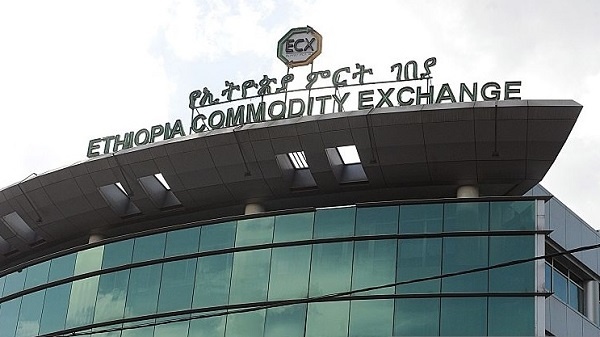
ADDIS ABABA (ECX) – The Ethiopia Commodity Exchange (ECX) recently announced a partnership with the Commercial Bank of Ethiopia (CBE) and the International Finance Corporation (IFC), a member of the World Bank Group, to launch a Warehouse Receipt Finance program for maize.
The Warehouse Receipt Finance will allow maize farmers, cooperatives, traders and processors to store maize in the Exchange’s warehouses, run by the ECX in Bure and Nekemte, as collateral to access credit from the CBE after they handover the Good Receiving Note (GRN) issued by the branch without any additional collateral.
Warehouse Receipt Finance is an inclusive form of lending and allows large and small-scale players in the agricultural value chain to access loans from a bank. The loans are secured against the physical commodity safely stored, quality-certified and guaranteed in a professional warehouse. Loans worth up to 70 percent of the value of the stored commodity will be issued at a competitive interest. Then it will be repaid within three months either selling the commodity through ECX’s trading platform or from their account.
This is particularly important for farmers who often lack bankable collateral and are therefore forced to sell their crops immediately after harvest when prices tend to be at their lowest. Cooperatives are also expected to be a major beneficiary as they can utilize the warehouse infrastructure to offer improved finance and marketing solutions to their member farmers. Larger-scale agribusinesses will benefit as well. They can use their inventories to unlock the additional liquidity that can help increase output, product quality and competitiveness.
To participate, farmers, traders and cooperatives are invited to apply to the CBE branches in and around Nekemte and Bure towns. The CBE is accepting applications for individual loans as well as for multi-loan revolving facilities, subject to eligibility criteria.
The International Finance Corporation extended its support to the Ethiopian Commodity Exchange and the Commercial Bank of Ethiopia under the Collateralized Commodity Finance (CCF) Project which aims to introduce important and innovative financial instruments to drive efficiency, inclusiveness, and competitiveness in agricultural value chains.
Source: ECX
